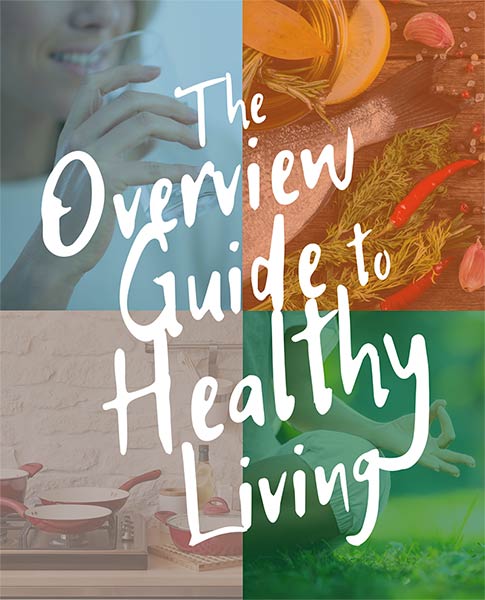As expectant mothers we have a vital opportunity to create a safe environment as our baby grows. Once you find out that you are pregnant, you start to make positive changes: you start taking a prenatal vitamin, you increase your folic acid, you cut out alcohol and maybe your morning coffee as well.
These are all positive steps. However, creating a clean environment for your baby to grow in requires more than simply adding a few vitamins.
Several years ago, it was thought that these steps were enough to ensure a successful pregnancy. Now we know that whatever the mother is exposed to, the baby may be exposed to as well. As an expectant mom, you need to incorporate a holistic approach to your overall health. This protects your baby from numerous hazardous chemicals that we are exposed to as part of modern life.
Many expectant mothers these days are concerned about autism.
The rate of autism diagnoses is drastically increasing, reaching epidemic proportions.
While science has not pinpointed an exact cause, the latest research is shedding light on some important factors. Several studies seem to indicate that there is some genetic predisposition, but that environmental factors play a large role in whether or not those “autistic” genes are expressed.
An important finding of one of the studies was that 98% of the autistic children evaluated tested positive for the MTHFR gene mutation. The MTHRF plays an important role in producing enzymes that allow the body to process folic acid and Vitamin B9. When this MTHFR gene mutation is “turned on” or expressed, it limits the body’s ability to adequately process important nutrients and proteins.
When the parents of these autistic children also had genetic testing done, only around 30% had the same mutation. This suggests that something (likely environmental factors) during pregnancy or immediately following birth caused the MTHFR gene mutations to turn on.
Now it is important to ask, “What turns these genes on?”
Environmental causes can be vast: environmental toxins from exhaust fumes, fire retardants, chemical dyes, industrial cleansers and processed foods, etc. You can’t control every variable in your life, but there is a lot you can do to provide a clean environment in which to nourish your baby.
As an expectant mother, this can be pretty daunting. The good news is that there are things you can do to create as pure an environment as possible for your baby, minimizing the environmental risks that are associated with autism.
As a Nutritional Therapist, I focus on all aspects of the parents’ health and lifestyle. Much of my work is concerned with removing toxins from the environment, especially the food and water that we eat and drink. There are so many ways that toxins can enter your body, thus undermining the baby’s natural development and increasing the potential of activating genes associated with autistic expression.
I always start with diet, the cleaner the diet the better. For example, eating organic foods removes or greatly reduces exposure to dangerous pesticides. The closer to nature you eat, the less you will encounter those ingredients you can’t even pronounce in processed foods.
Dietary changes go hand in hand with removing other sources of toxins. Many times, these are unexpected; think of all of your lotions and potions, the new car or furniture smell. New furniture can be very harmful for pregnant women and babies because of all the chemicals sprayed on them, such as fire retardants. Overall, we work towards creating the most healthful and natural environment possible.
This can be overwhelming if you have to do it all by yourself. Pregnancy doesn’t leave time to make small changes; it is important to commit from the beginning. This is why working with a Nutritional Therapist can help make these goals more obtainable. Together we can make a plan that will help you create the healthiest environment for your baby.
Schedule a free 15-minute consultation today to discuss how you can experience the best pregnancy and ensure a beautiful beginning.
To learn more about the studies mentioned, check out the reports:
